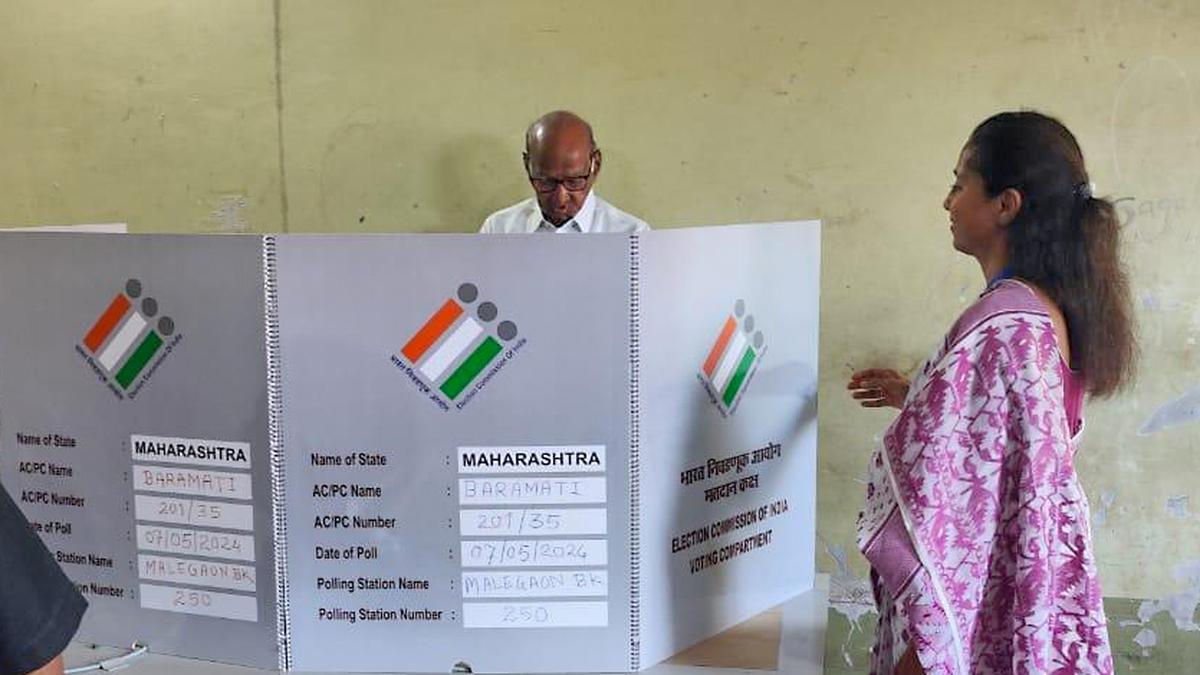The Supreme Court on Friday said a return to paper ballots will bring back the evils of yesteryear, mainly booth-capturing, and it was anyway “impossible to pre-programme Electronic Voting Machines (EVMs) in a spurious manner”.
In their judgment, a Bench of Justices Sanjiv Khanna and Dipankar Datta explained how EVMs strike a deadly blow to booth-capturing, which is a criminal offence under Section 135A of the Representation of the People Act of 1951, by not permitting more than four votes a minute.
ALSO READ | A look inside the electronic voting machine
Again, unlike paper ballots, voting through EVMs is done by pressing a button, negating the major problem of invalid vote.
“The EVMs have effectively eliminated booth capturing by restricting the rate of vote casting to four votes per minute, thereby prolonging the time needed and thus check insertion of bogus votes. EVMs have eliminated invalid votes, which were a major issue with paper ballots and had often sparked disputes during the counting process,” the court explained the benefits.
Cut paper usage
Further, it noted that EVMs reduce paper usage and alleviate logistical challenges. Finally, they provide administrative convenience by expediting the counting process and minimising errors.
The court explained how election officials have complete control of the polling process.
“After the pressing of the ‘CLOSE’ button on the control unit [of the EVM], there is no possibility of voting. By pressing the ‘TOTAL’ button on the control unit at any time, the total number of votes polled up to the time of pressing the button is displayed, without indicating the candidate-wise result of votes,” the judgment noted.
The court highlighted that the microcontrollers of the EVMs are programmed at the manufacturing stage. Their original programme is agnostic both political party and candidate-wise.
“This process is done way before the elections and it is impossible to know the serial number of any candidate in advance. Thus, it is not possible to pre-program the EVM in a spurious manner,” the court concluded.

 1 week ago
96
1 week ago
96


